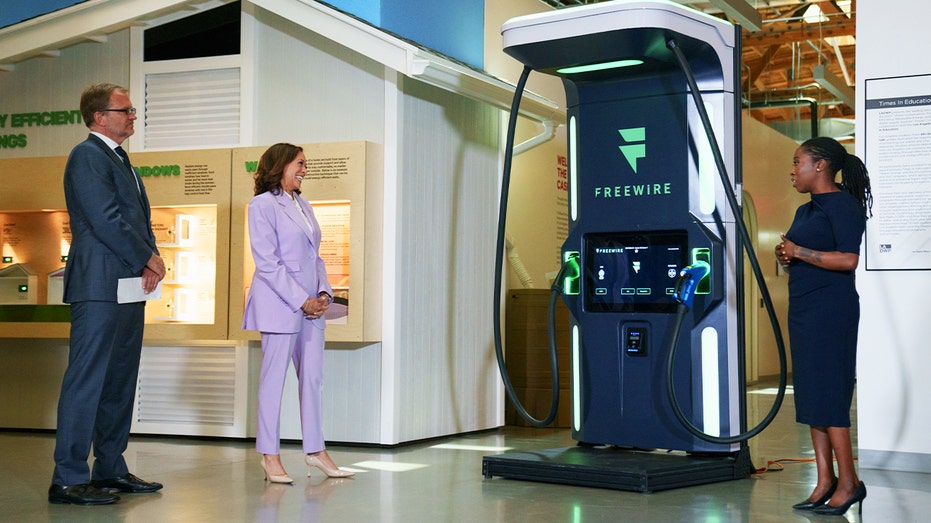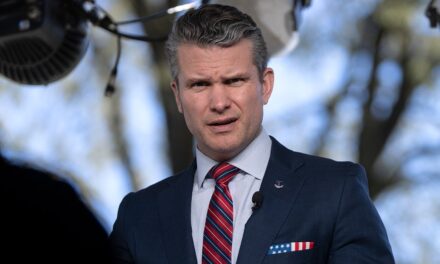Vice President Kamala Harris has been vocal about her upbringing in a middle-class family as she advocates for a new mandate that critics, including some economists, argue may be financially burdensome for many Americans. The mandate in question has sparked considerable debate, with Harris positioning it as a necessary step for progress, while others fear it could leave a significant portion of the population struggling to meet its demands.
At a recent public appearance, Harris emphasized her personal connection to the middle class, sharing anecdotes from her childhood and her understanding of the financial pressures faced by many families. This personal narrative is intended to resonate with the millions of Americans who find themselves taking on the ever-increasing cost of living, especially during these economically challenging times.
However, the economic implications of the mandate have become a focal point of concern. Critics argue that the policy does not cater to the economic reality of many middle and lower-income households. An economist pointed out that while the mandate’s intentions could be essential for long-term benefits, the short-term financial strain it poses could be overwhelming for families already stretched thin.
According to analyses, the mandate requires investments that some families simply cannot afford. These could include expenses for infrastructural changes or upgrades that, while beneficial in the long run, necessitate an upfront cost. Consequently, families already on tight budgets may find themselves having to make difficult financial decisions.
Advocates for the mandate argue that these changes are imperative to ensuring economic and social progress. They assert that the long-term benefits, such as increased efficiency and potential cost savings, would eventually make the initial expenditures worthwhile. They also suggest that there could be provisions to assist those who find the mandate’s requirements financially prohibitive. However, details on such measures remain vague, leading to skepticism amongst economists and the public alike.
Meanwhile, the conversation surrounding Harris’s promotion of the mandate reflects broader concerns about the economic divide in the country. Many wonder how policies can be structured to provide inclusivity, ensuring that no demographic is disproportionately affected by high costs that accompany mandatory changes.
While Vice President Harris continues to emphasize her middle-class roots as a rhetorical strategy to gain support, it remains uncertain whether this will be enough to sway public opinion on a contentious mandate that many fear could exacerbate financial challenges for those she claims to understand best.
As the debate unfolds, stakeholders from different spheres continue to weigh in, hoping to find a balanced approach that achieves the mandate’s goals without marginalizing the very people it aims to support.
































